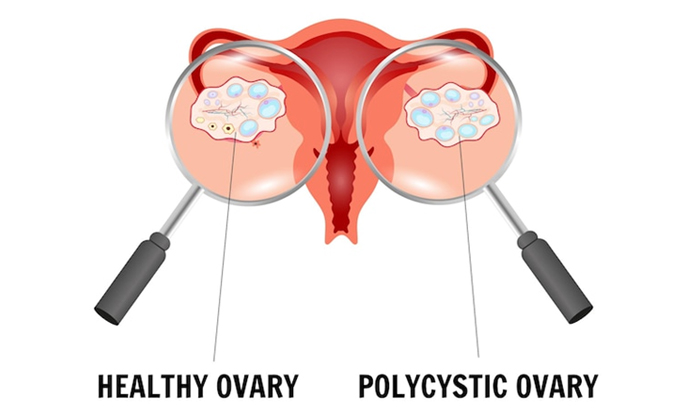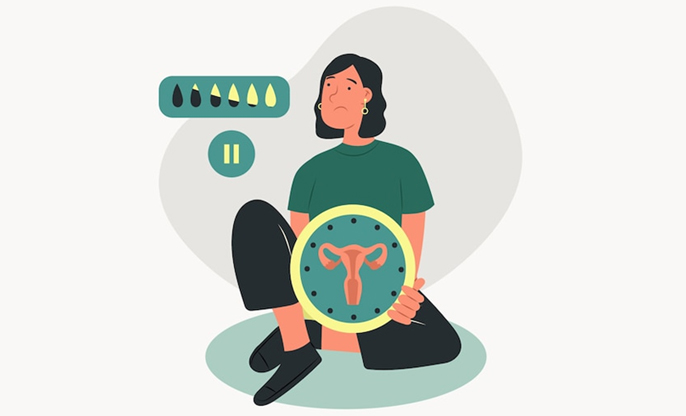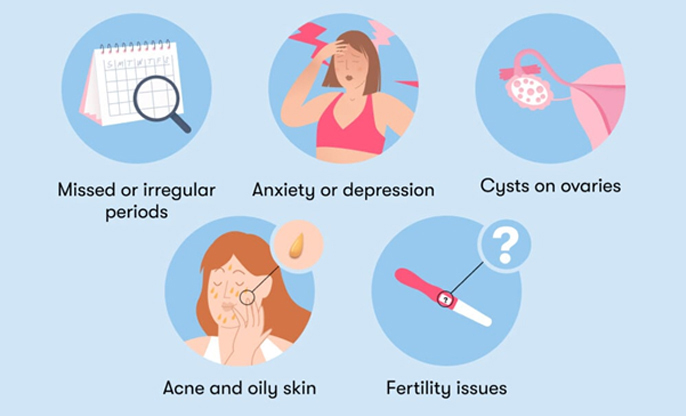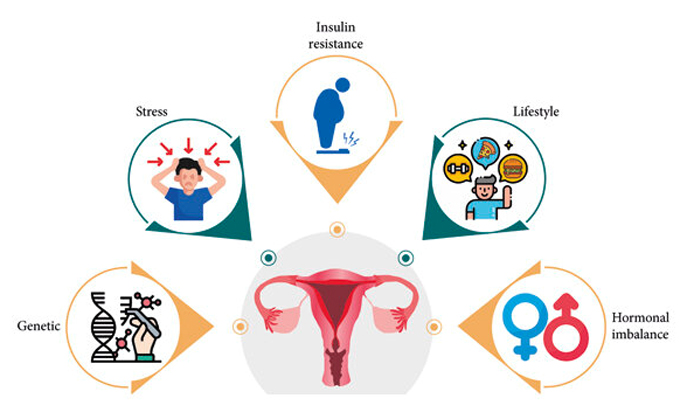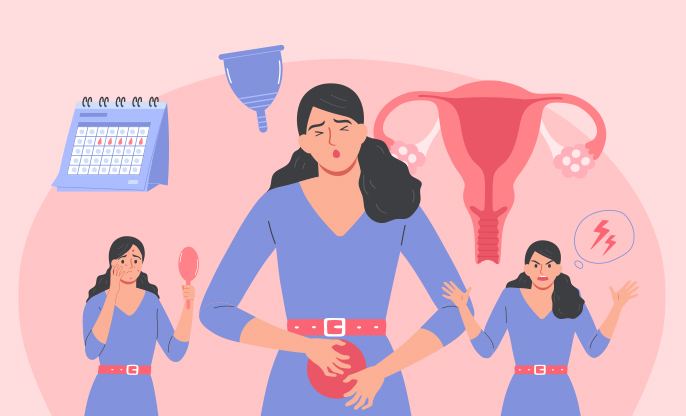
A Holistic Approach
Exploring natural and alternative paths can open up a world of holistic healing that complements standard medical treatments for managing PCOS. Here’s how embracing these nurturing practices can help us find balance and health.
Nourishing Our Bodies with the Right Foods
Adopting a diet rich in whole foods like lean proteins, whole grains, and a variety of fruits and vegetables can be transformative. Keeping meals low on the glycemic index helps manage insulin levels, crucial for PCOS. Reducing dairy and gluten may also ease inflammation, making this dietary shift a key part of our daily regimen.
Discovering the Power of Herbal Helpers
Incorporating herbal supplements has been a game-changer for many:
● Inositol: This natural
compound enhances the body's insulin sensitivity and helps normalize menstrual
cycles.
● Cinnamon: Adds zest to
dishes and supports blood sugar control.
● Spearmint Tea: Drinking this
refreshing brew twice daily can soothe the body and may help reduce androgen
levels.
● Chasteberry (Vitex): Supports hormonal balance and encourages ovulation.
Embracing the Gentle Touch of Acupuncture
Regular acupuncture sessions can enhance circulation to the ovaries, balance hormones, and significantly reduce stress levels.
Keeping Active
for Heart and Mind
Regular physical activity, including aerobic and resistance training, helps reduce insulin resistance, promote weight loss, and reduce cardiovascular risks. Yoga and Pilates are excellent for managing stress and maintaining a healthy weight.
Cultivating Calm with Mind-Body Therapies
Practices such as yoga, meditation, and tai chi reduce stress and improve the psychological aspects of living with PCOS.
Exploring Functional Medicine
Functional medicine involves a detailed assessment of genetic history, lifestyle, and environmental factors. The treatment is highly personalized and often includes a combination of dietary changes, supplements, and lifestyle adjustments.
Experimenting with Homeopathy
Some find improvement in their PCOS symptoms with homeopathic remedies
designed to target specific symptoms such as irregular periods and infertility.
While these complementary therapies offer gentleness and an empowering approach, it’s crucial to stay in close contact with healthcare providers to ensure each new herb or routine complements the overall health plan. This partnership and personalized care help us navigate PCOS with hope and resilience.
